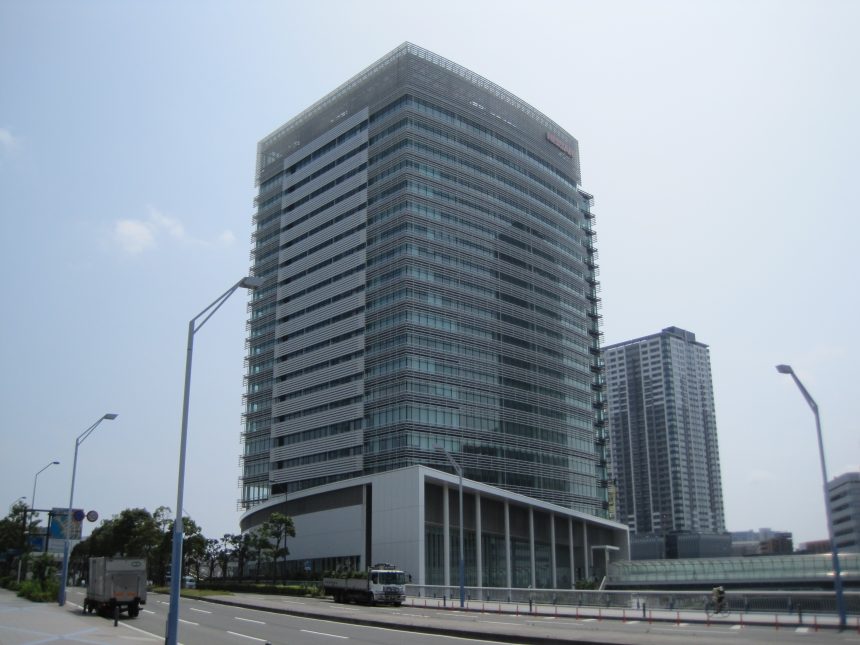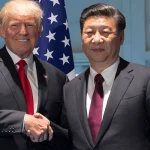Nissan Motor Co. is considering a strategic move to share its global manufacturing facilities with its long-standing Chinese state-owned partner, Dongfeng Motor Corporation. This potential collaboration is part of Nissan’s broader restructuring efforts aimed at reducing costs and enhancing production efficiency.
Strategic Restructuring Amid Financial Losses
In response to significant financial challenges, including a reported net loss of ¥670.9 billion ($4.5 billion) for the fiscal year ending in March, Nissan announced plans to cut approximately 15% of its global workforce and close seven of its 17 production plants worldwide. These measures are part of the company’s “Re:Nissan” recovery plan, which seeks to streamline operations and return to profitability by 2026.
Potential Collaboration with Dongfeng Motor
Nissan’s CEO, Ivan Espinosa, has indicated openness to integrating Dongfeng into Nissan’s global production ecosystem. This could involve allowing Dongfeng to utilize Nissan’s manufacturing facilities, such as the Sunderland plant in the UK, to produce vehicles. Currently, Nissan and Dongfeng operate a joint venture in Wuhan, China, where they manufacture vehicles for the Chinese market.
Implications for the UK Sunderland Plant
The Sunderland plant, Nissan’s only manufacturing facility in Europe, has faced challenges, including operating below capacity. Espinosa emphasized that while there are no immediate plans to close the plant, its future viability depends on maintaining competitiveness and securing government support, particularly concerning energy costs. The potential collaboration with Dongfeng could help increase the plant’s utilization and sustain employment levels.
Political and Market Considerations
Sharing manufacturing facilities with a Chinese state-owned enterprise may raise political sensitivities, especially in markets like the UK, where trade relations with China are under scrutiny. Nissan’s approach aims to balance operational efficiency with geopolitical considerations, ensuring that any partnerships align with local regulations and public sentiment.
Conclusion
Nissan’s exploration of sharing its global manufacturing facilities with Dongfeng Motor reflects a strategic response to financial pressures and market dynamics. By leveraging existing partnerships and optimizing production capabilities, Nissan aims to navigate the evolving automotive landscape and position itself for future growth.










